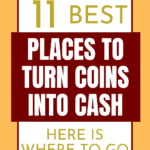THIS POST MAY CONTAIN AFFILIATE LINKS. PLEASE SEE MY DISCLOSURES. FOR MORE INFORMATION.
Do you have a jar full of coins in your house?
Not sure what to do with the spare change you get after buying something?
Instead of doing nothing with these coins, you can turn coins into cash, or even deposit them into your bank account.
There are many benefits for doing this, but your first question is probably where to cash in coins?
In this article, I share with you 11 of the best places to turn coins into cash.
I’ll also share with you the many reasons why you want to do this sooner rather than later.
11 Best Places To Turn Coins Into Cash
#1. Coin Counting Machines
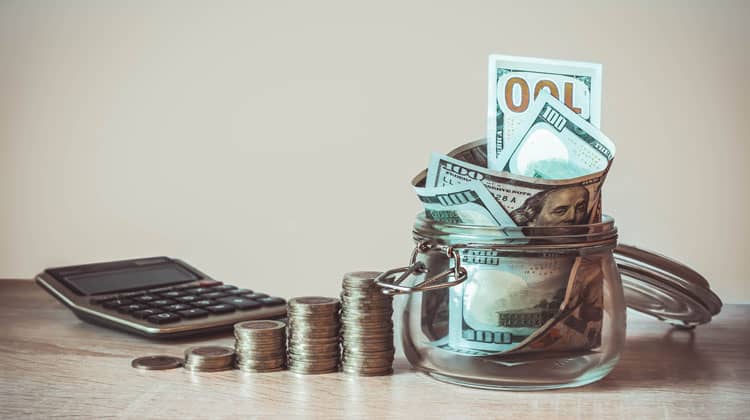

When most people think about exchanging their coins for cash, they generally think about coin to cash machine like Coinstar.
Using a Coinstar kiosk is one of the easiest ways to change coins into cash.
All you have to do is find one in your area, dump your pile of coins into the basket and feed them into the machine, and let the machine do the work of counting your money and organizing all of your coins.
That being said, the cost of convenience is one that will eat up some of your profits.
The Coinstar fee is roughly 12% of your cash total.
Once you’ve agreed, you’ll get a printed ticket you can take to a cashier to turn coins into paper money.
Coinstar kiosks also offer other cash out options like Bitcoin or an e-gift card to popular retailer stores as well.
If you choose the gift card option, there is no fee taken.
They also offer charitable donations, but they do take a fee here as well.
Where can you find a Coinstar Machine?
You can find them in the front of grocery stores, usually near the Redbox machine or customer service desk.
You can also check the Coinstar website for locations near you.
Because of the popularity of these machines, they are in most grocery stores, drug stores, and other popular retailers, including the following:
- Walmart
- Krogers
- CVS
- Target
#2. Your Local Bank
In years past, you could walk into any bank and find a free coin counting machine.
But then banks needed to increase profits and started to charge a service fee for coin counting.
People then stopped using them and now very few banks have coin counting machines.
If you are lucky enough to find one, most times they are only for customers.
But going to your local bank (assuming you are a customer) is the best way to exchange coins for cash.
To save you time, if you bank with Chase, Citibank, Bank of America, Capital One, TD Bank, PNC Bank, or BB&T, they no longer offer coin machines.
If you are an account holder with these large banks, you should still call your local branch as they might accept a small number of coins, most likely rolled.
And if you have a Wells Fargo in your area, give them a call.
They used to accept wrapped coins from both account holders and non-customers with no fee.
But they have been changing this policy recently.
#3. Local Credit Union
Credit unions also offered coin counters for members as well.
Today, they treat coin counting like traditional banks do.
Some might have a machine and they might charge a fee.
Your best bet is to call ahead and ask.
#4. Roll Your Coins
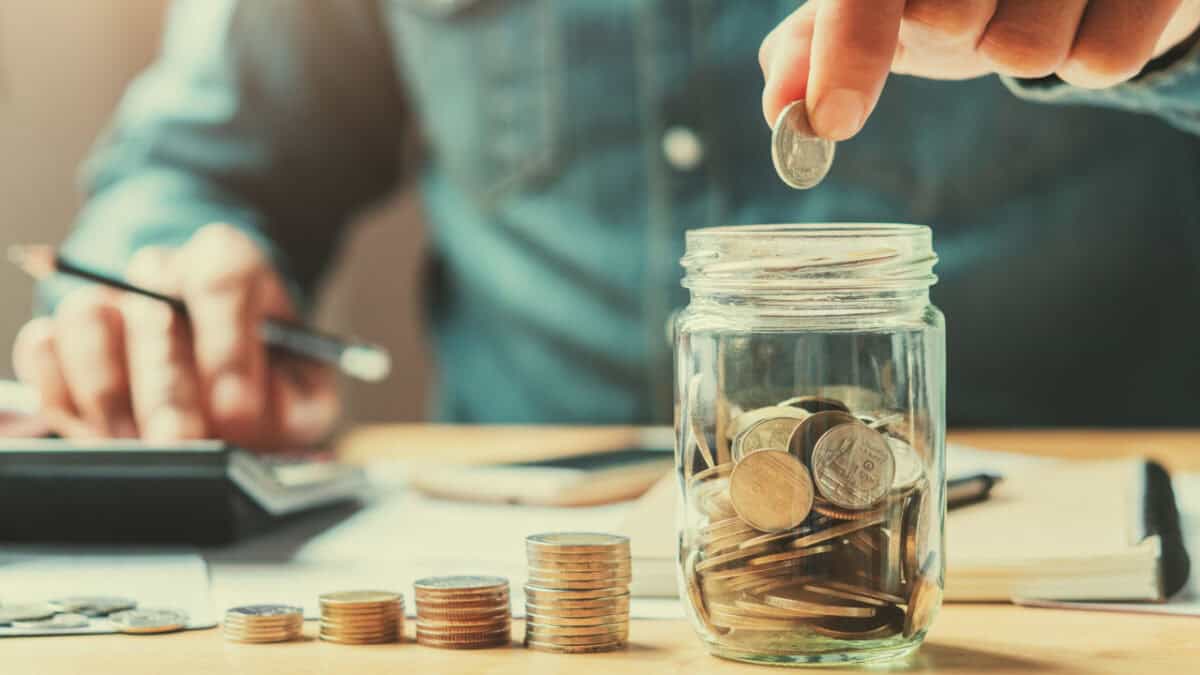

If you have a bit of extra time and don’t want to pay some of the hefty fees demanded by your local coin kiosk, you should consider taking your coins directly to the bank.
You can then deposit them into your bank account or get cash for coins.
The most important thing to do before you pursue this course of action is to call your local bank before you walk in with your change jar.
Surprisingly, local banks may not always accept them this way.
If they do, it’s important to ask if there are any fees associated with your transaction or if you can get your cash deposited or directly in your hands without any extra charges.
With that in mind, you will typically have to have your coins in rolls before your bank will accept them.
If you don’t have a ton of coins you want to cash in, you can always purchase affordable paper wrappers on Amazon and do the wrapping on your own.
This is the option I take.
I collect my coins all year long and then at the end of the year, I spend an hour counting them and putting them into coin rolls.
Then I take them to my local bank and deposit them into my checking account.
If you’ve been saving coins for a while and you have tubs and tubs of change, however, you may need some help to get this done.
If you don’t mind spending a little money to make some money, you can purchase an automatic coin counter and sorter.
This helps you get the most difficult part of the job done without having to count and stack all of the coins on your own.
Then, all you have to do is wrap your coins and take them down to the bank.
Whether you have some coins you want to cash out on or bottles and bottles of coins stored away, taking the task on yourself and converting them at your bank can help you cut down on fees required by coin-counting kiosks and services.
#5. Use Your Kids
Another option is to get your kids to help you with your coins.
Just dump out your coin jar and they can help you sort, count, and wrap the coins.
Not only will this save you time, but it can be a bonding experience as you all work together to organize the coins.
It’s also a great time to teach them about money too.
When it comes time to deposit your rolls of coins, you could get cash for some of it and take your kids out for a small treat for helping you.
One final note, you might want to pay attention to see if you have any rare coins worth much more than you think.
#6. Use Them To Pay For Items
The next time you go out shopping, use your loose change as a form a payment.
Just know there are drawbacks with this idea.
First, is the time it will take you to count out the right amount of money.
Depending on the total of your purchase, you could spend a few minutes counting.
This could anger the customers in line behind you.
Next, there is a chance that you or the cashier counts wrong and you have to repeat the process all over again.
Finally, many stores actually put limits on the amount of loose coins you can use to pay for purchases.
In all, this option is best used for smaller transactions and at times when the store isn’t busy.
#7. Self Checkout Lanes
Another option to the idea above is to go to the self checkout line.
Here you can avoid the hassle of recounting as the register will count them for you.
But you just can’t dump all your coins into the slot.
You have to do it slowly and here too, many retailers will limit the amount of coins you can use.
#8. QuikTrip
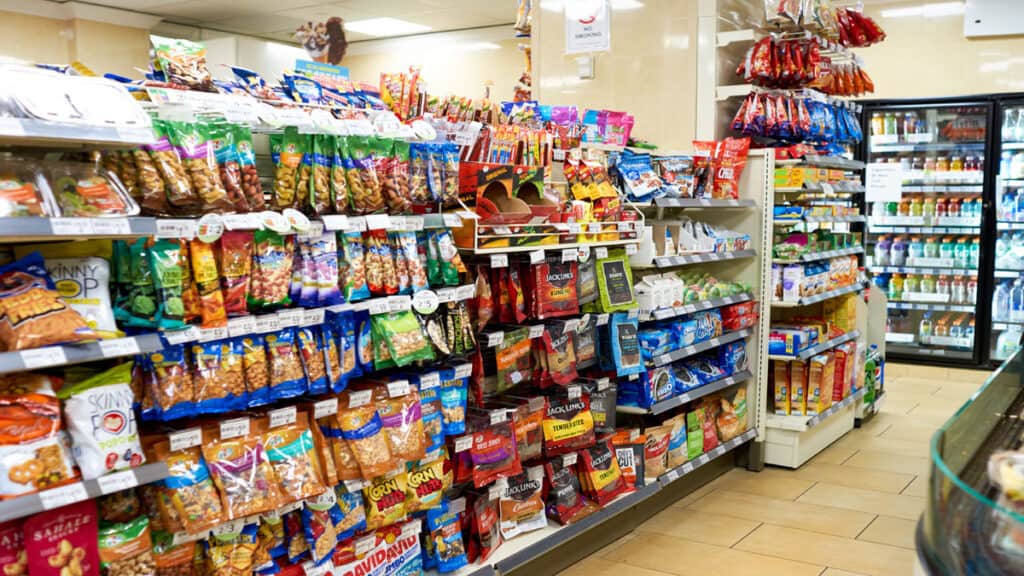

If you live near a QuikTrip convenience store, then you can cash coins for free.
Because of the coin shortage, many retailers are in need of coins.
In fact, many places limit cash purchases because they are having a hard time making change.
You can put yours in coin wrappers, but QuikTrip will take your loose change too.
#9. Local Convenience Stores
If you don’t have a QuikTrip near you, fear not.
Many convenience stores are also accepting coins.
To save yourself time, be sure to call ahead and ask if they turn coins into cash.
Also ask if they accept loose coins or if they need to be rolled and if they charge a fee or not.
#10. Gas Stations
For the same reasons as convenience stores are taking, so too are gas stations.
Follow the same advice as above, calling ahead to ensure they accept coins, if they need to be rolled, and if there are any fees.
You might be surprised at how many gas stations will take your loose coins.
#11. Coin Collectors
In most cases, coin collectors won’t take a lot of coins from you.
But they may be willing to look through your coins to see if you have anything of value.
And if you do, they may be willing to buy it from you for cash.
Of course, you don’t have to sell it to them.
You could see if another collector would offer you more money.
Or you could try to sell it on eBay as well.
Reasons To Turn Your Coins Into Cash
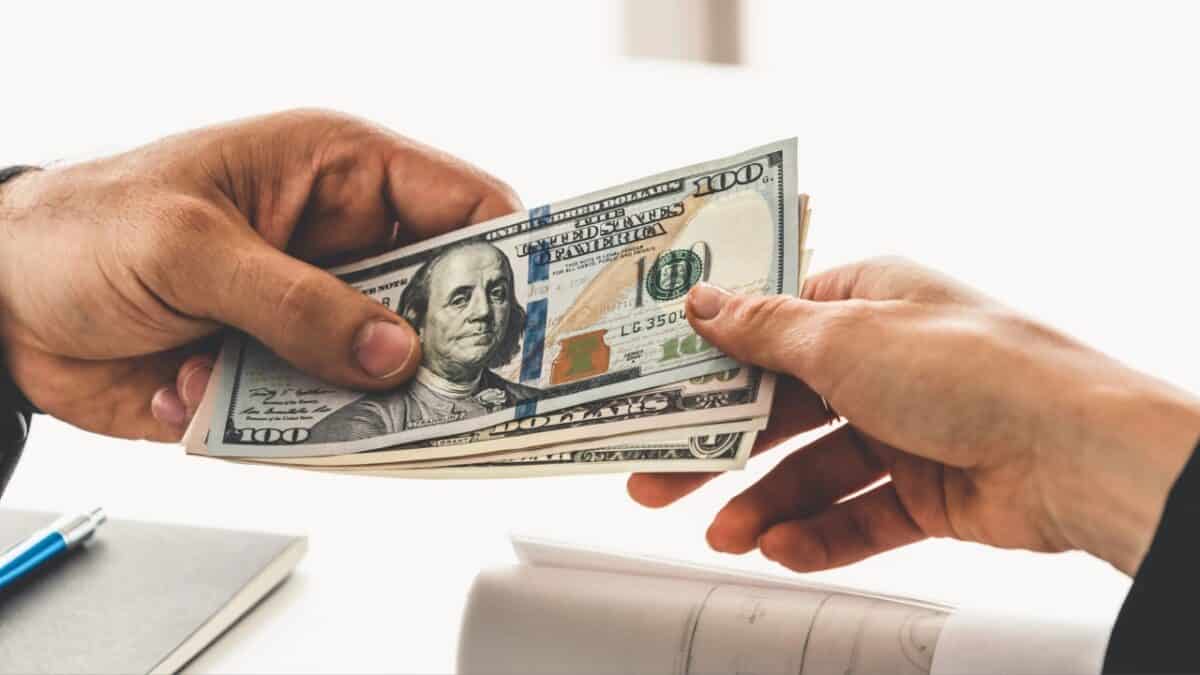

I get asked a lot why I take the time to roll my coins and deposit them into my checking account.
Here are the main reasons.
Inflation
First is inflation.
Leaving money idle means it loses value over time.
By cashing in coins, you can spend or invest that money now before inflation erodes its value.
Over time, prices rise and cost more. If you keep your money under your mattress, it is becoming less valuable every year.
The $10 you have in your pocket bought a lot more things 20 years ago than it does today.
By taking my loose change and putting it into my bank account, I can spend or save this money, making the most out of it today.
Compound Interest
The next reason is related to the first and is compound interest.
If I leave my change sit in a jar, it does nothing for me.
But if I deposit coins into a savings account or invest it, it earns interest and grows over time.
Now, a lot of people think spare change doesn’t add up.
But they would be wrong.
I average about $125 a year when I roll and deposit my coins.
I take this money and invest it into the stock market.
Here I earn on average 8% annually.
Over the past 20 years, my spare change has grown to be worth close to $6,200.
If I had just kept the coins in a jar, I’d have $2,500.
And that $2,500 would buy a lot less because of inflation.
The Trick To Making The Most Of Your Spare Change
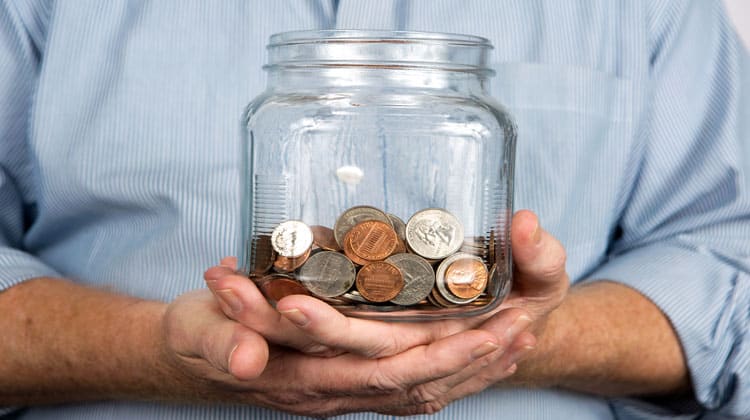

Here is the secret trick I started using and have many others using as well.
It takes the idea above and puts it on steroids.
Since most of us no longer use cash as form of payment, we limit the amount of coins we have.
But you can use a service like Acorns to still make use of your spare change.
With Acorns, they will round up your purchases and take the difference from your checking account and invest it for you.
So if you spend $54.73 at the grocery store, Acorns will round up $0.27 and invest it for you.
Over the course of a year, I’ve invested $750 worth of spare change.
Take this amount each year for 20 years, plus my physical coins of $125, and I end up with over $43,000 all from spare change.
As you can see, saving your spare change does make difference.
Best For Investing Small Amounts Of Money
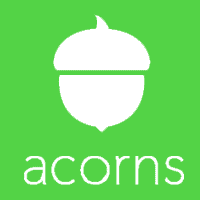
Acorns
Acorns changed the game when they allowed you to start investing your spare change. With a simple to use app and effortless ways to invest, Acorns is a solid choice for many investors just starting out without a lot of money to invest. New users get $10 when signing up!
LEARN MORE
READ MY REVIEW
We earn a commission if you make a purchase, at no additional cost to you.
Frequently Asked Questions


Can I deposit coins at any bank?
Not every bank will accept loose change, so it’s best to call ahead.
Some banks will let you deposit coins only if they’re rolled, while others may still have a coin to cash machine available for customers.
Local or regional banks are more likely to cash in coins without fees than large national ones.
Does Coinstar take pennies?
Yes, Coinstar accepts all U.S. coins, including pennies.
You can turn change into cash easily by pouring your mixed coins—including pennies—into the coin counting machine, which will total your amount and give you a cash voucher.
How much does Coinstar charge?
Coinstar typically charges around 12% of your total amount when you exchange coins for cash.
However, if you opt for a digital gift card instead of cash, there’s no fee, making it a smart alternative if you want to convert coins to cash without losing money.
What is the best way to cash in coins without fees?
The best way to cash in coins without fees is by visiting your local bank or credit union.
Many will allow members to turn coins into cash or deposit them directly into a checking or savings account at no cost—especially if you roll your coins ahead of time.
Where can I turn change into cash?
You can turn change into cash at banks, credit unions, Coinstar kiosks, and some grocery or convenience stores.
Look for a coin to cash machine near you or check if your local retailer offers free coin-counting or store credit for coins.
Can you deposit coins at an ATM?
Most ATMs don’t accept coins, even if they accept cash deposits.
To cash in coins, you’ll typically need to visit a bank branch in person or use a coin counting machine.
Final Thoughts
At the end of the day, there are not a lot of places to turn coins into cash.
These are your best options, and your very best choice is to reach out to the bank you have accounts with.
Not only will they most likely take your coins, but they won’t charge you a fee for doing so.
Read the full article here



